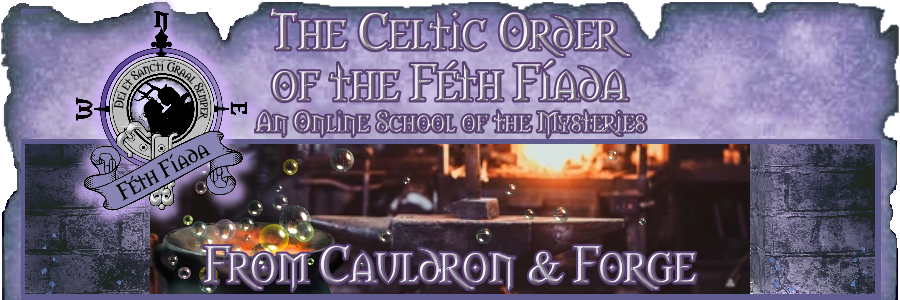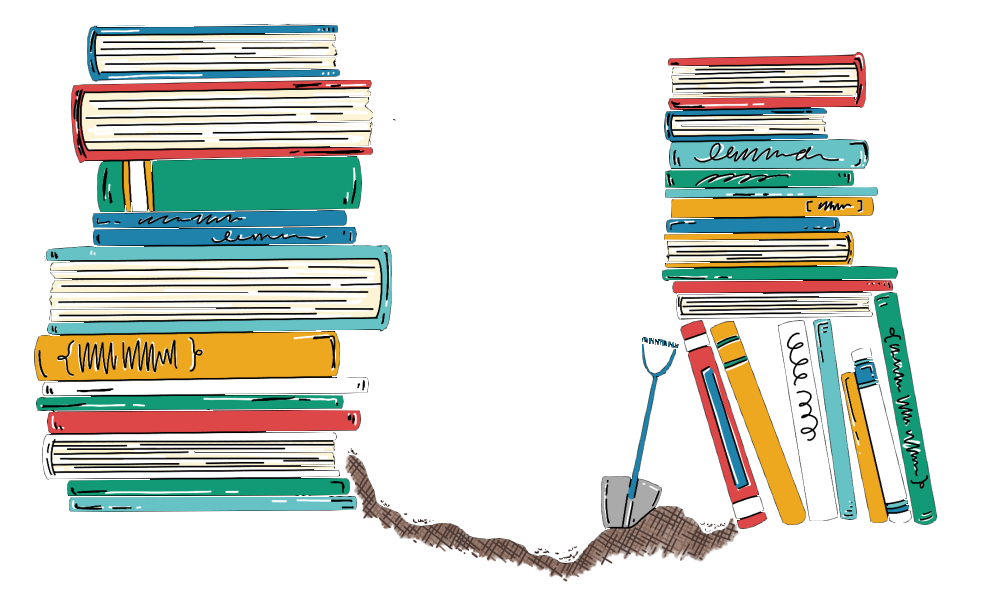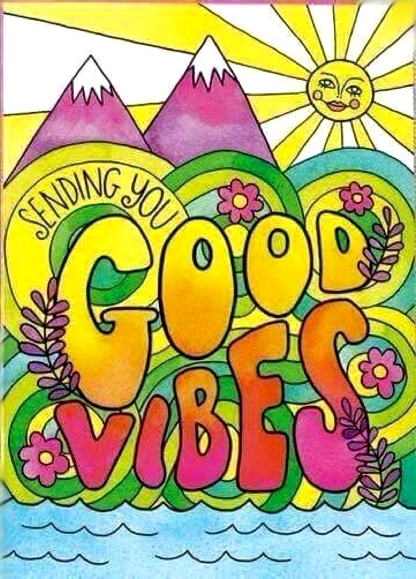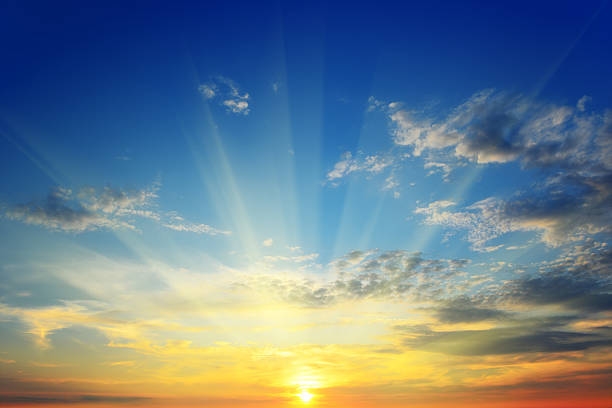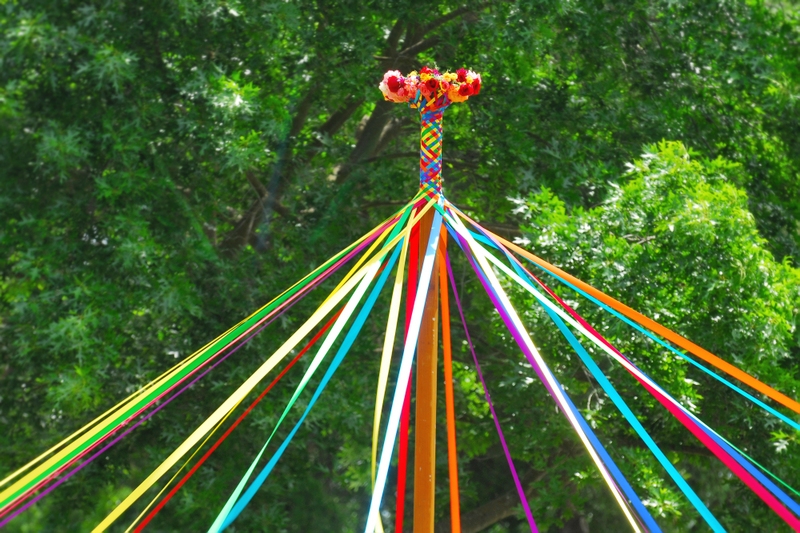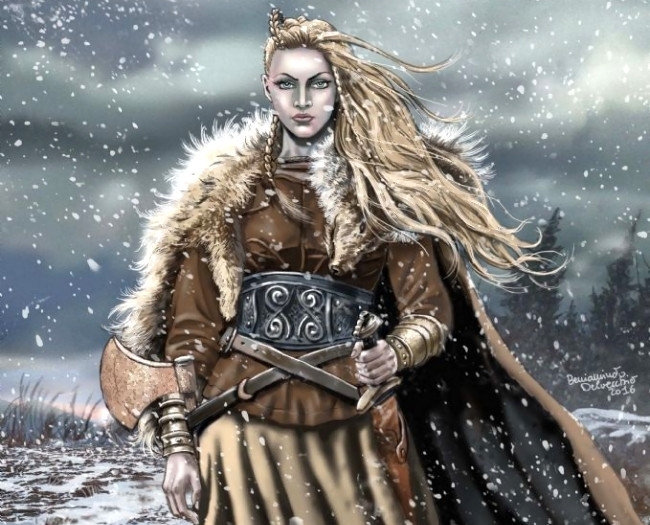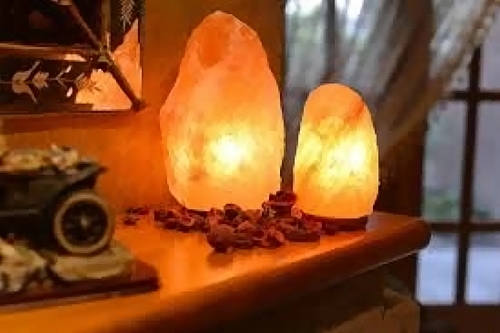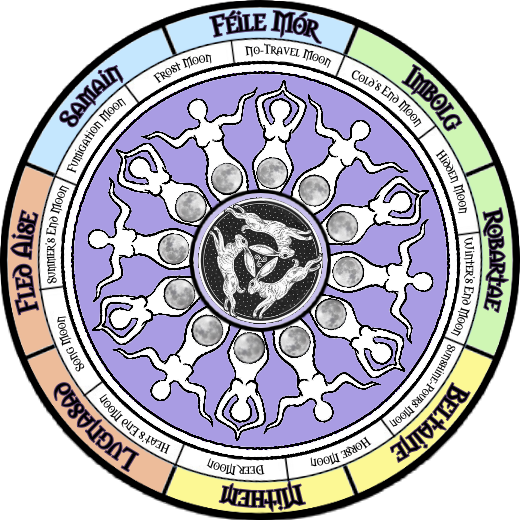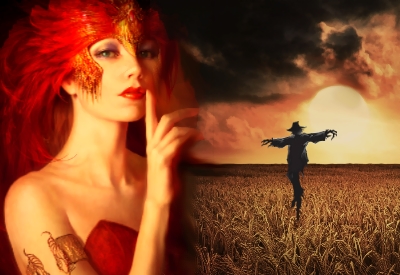
Celebrating Lugnasad
Although named for the Irish God Lugh (aka Lleu, Lugos, Lugus), Lugnasad (aka Gŵyl Awst) almost certainly ultimately derives from the Proto-Indo-European root word for his name: *leu-g- (black, dark, dim; swamp) or *leug- (bend, bow, twist) + Old Irish násad (assembly, gathering — especially one of a festive or commemorative nature; death, put to death). It most likely means the “Gathering of the Black or Bent One,” but it could also mean “Black Death” or any other such combinations thereof. However, an enormous amount of weight must be given to the first interpretation, simply because Lugnasad is still today often referred to as Black Stoop Sunday, and largely connected with an Irish deity called Crom Dubh (Black Bent One or Dark Bowed One, etc.). This figure is associated, as well, with the Irish God Crom Cruach (Bent or Bowed One of the Mound or Stack [of Grain]), to whom the people made sacrifices in exchange for milk and grain.
